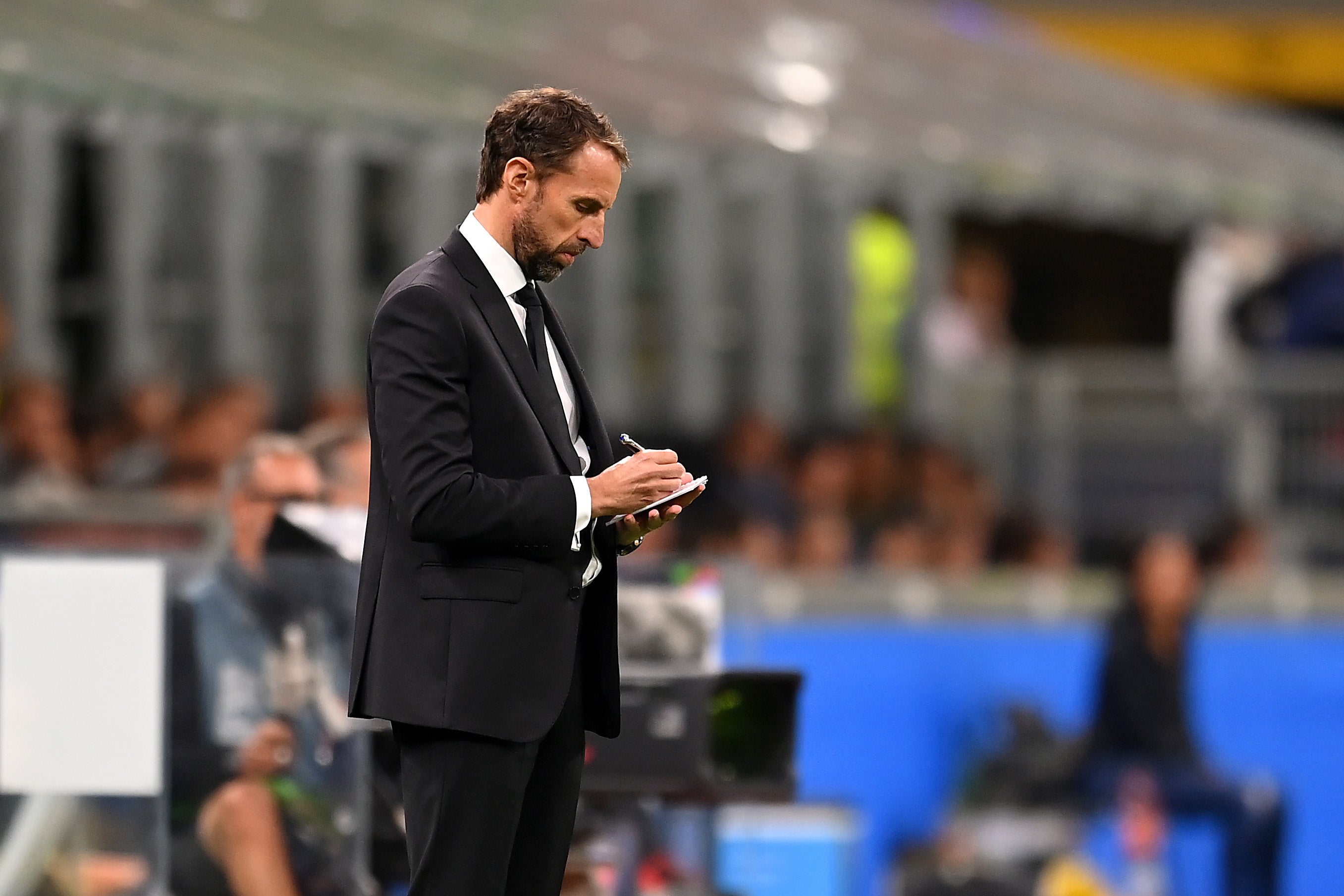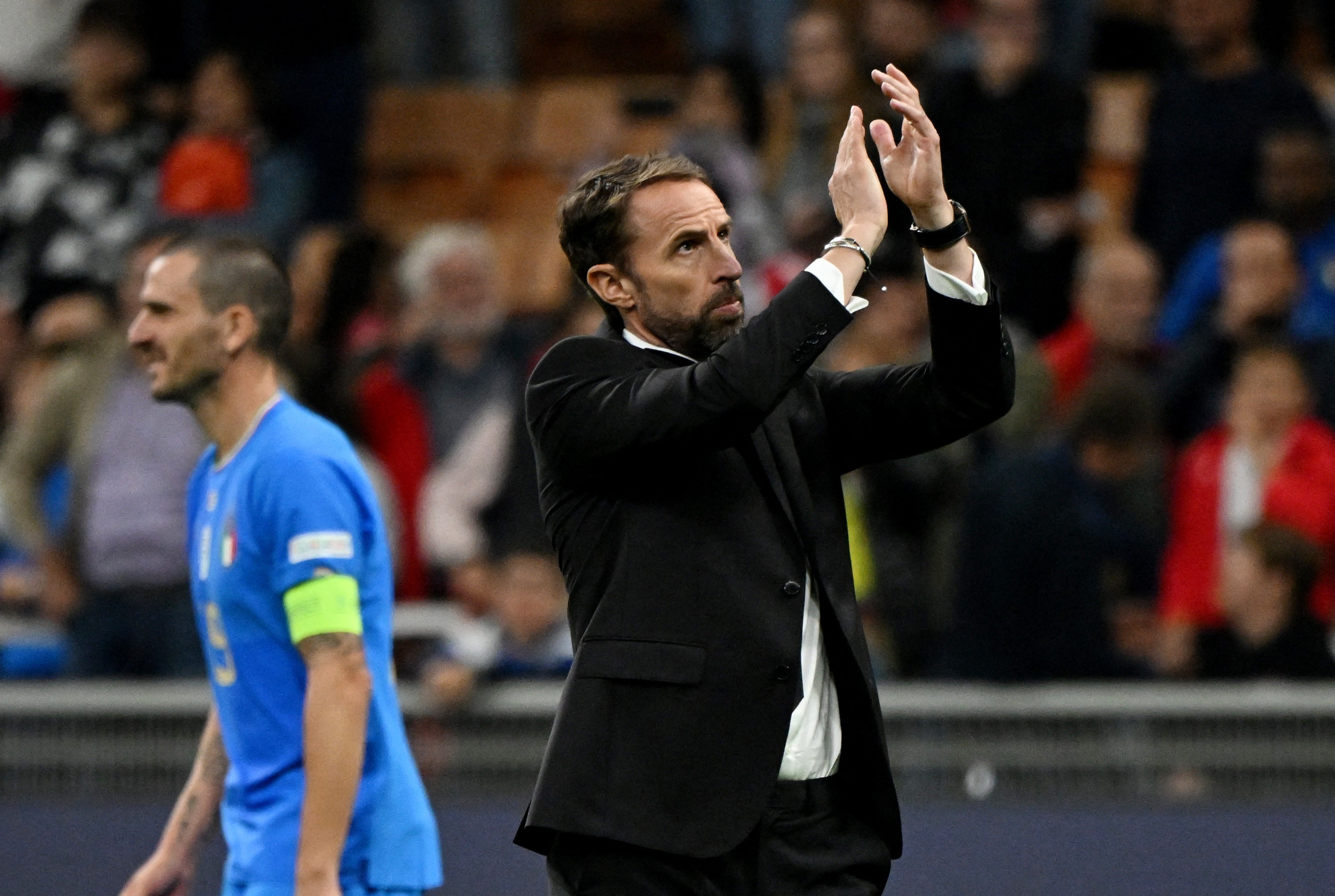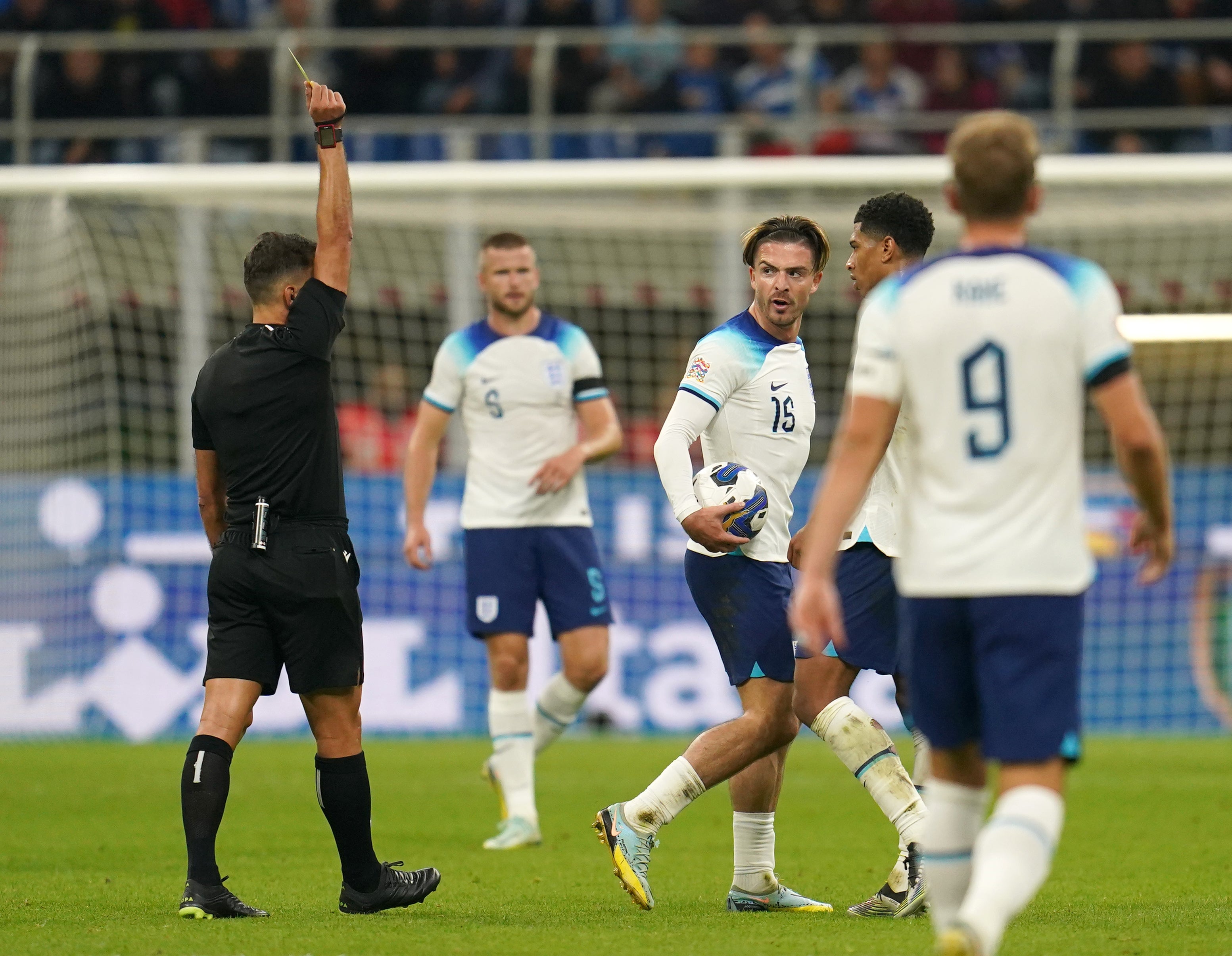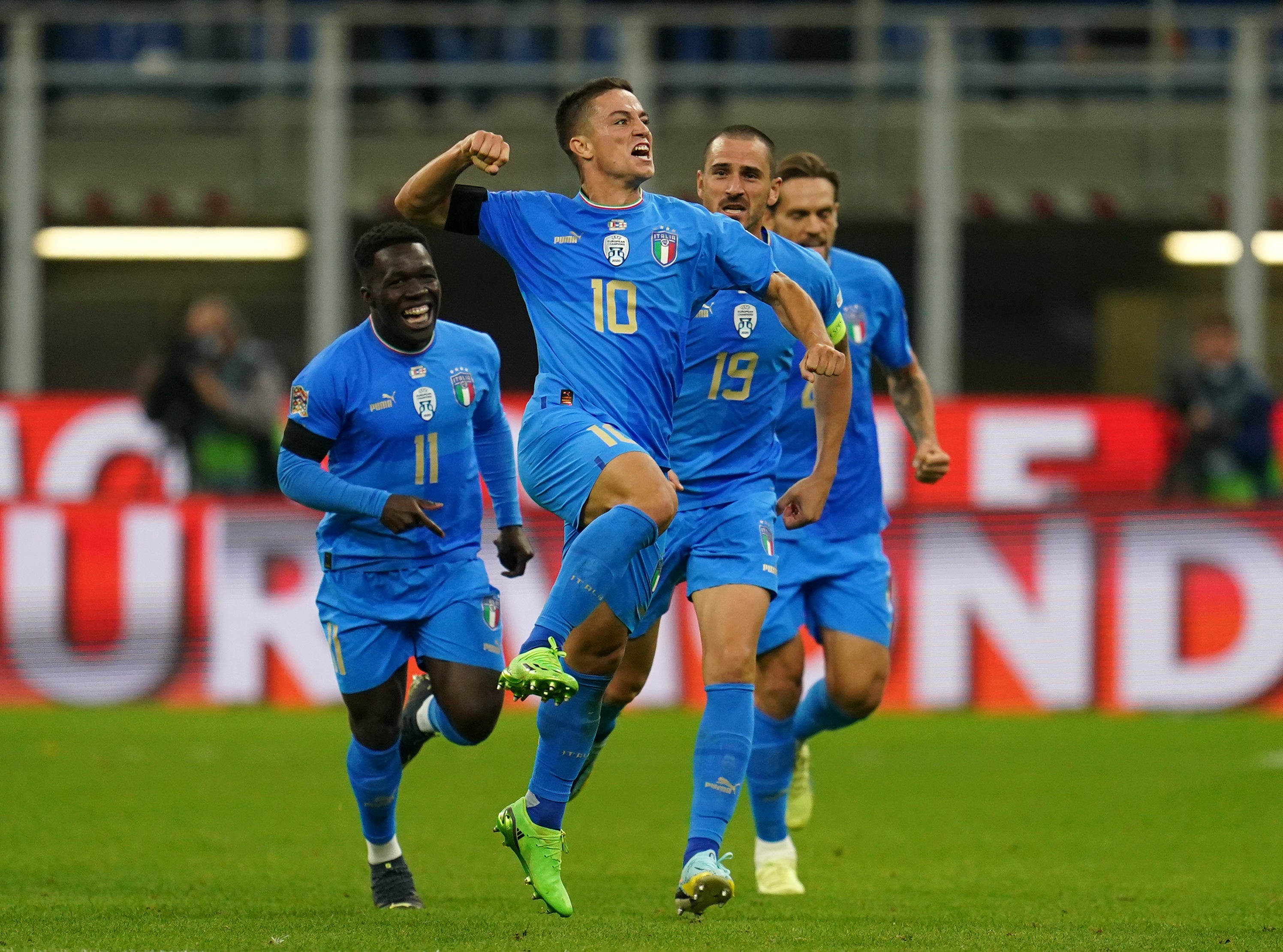Gareth Southgate now needs more than words, he needs solutions
Southgate beumusingly called England’s dismal 1-0 defeat to Italy ‘a step in the right direction’

Your support helps us to tell the story
From reproductive rights to climate change to Big Tech, The Independent is on the ground when the story is developing. Whether it's investigating the financials of Elon Musk's pro-Trump PAC or producing our latest documentary, 'The A Word', which shines a light on the American women fighting for reproductive rights, we know how important it is to parse out the facts from the messaging.
At such a critical moment in US history, we need reporters on the ground. Your donation allows us to keep sending journalists to speak to both sides of the story.
The Independent is trusted by Americans across the entire political spectrum. And unlike many other quality news outlets, we choose not to lock Americans out of our reporting and analysis with paywalls. We believe quality journalism should be available to everyone, paid for by those who can afford it.
Your support makes all the difference.For a manager normally so good at finding the right words, some of Gareth Southgate’s comments in the San Siro raised more eyebrows than the defeat. The England football team manager kept repeating that the performance in the drab 1-0 loss to Italy team was a “step in the right direction”.
“It’s difficult for me to be too critical,” Southgate had said. “More possession, more shots, more shots on target.” Southgate went on to speak about “good moments” and “fine margins”, as if this was genuinely a cohesive display with just a few elements missing.
It’s fair to say that wasn’t the general analysis. Far from a team off on the fine details, England instead look like one now enduring a series of substantial problems. So much looks wrong, from the formation to the very connection between the players. It was difficult to see where these good moments Southgate spoke of came from. It was difficult to remember a proper chance from play.
That makes it even harder to understand Southgate’s comments, but perhaps that’s part of the point. Maybe he was finding the right words – but this time for his players, rather than the general public.
One fair reading of Southgate’s curious interpretation of the game is that he is trying to ensure the players stay focused, that they don’t get affected by any talk of a crisis.

That was hinted in how he spoke of the need for players to ignore “the noise”, to “not get distracted”.
Southgate’s comments are much more understandable in that context, as he tries to keep the players on course. Imagine, for example, he had admitted that this is a concern. That would have really created a crisis.
The issue, if that is indeed the case, is that focus and mood are really dictated by performance, and this just didn’t match up to what the manager said. There were literally issues right through the team.
The formation continues to be a problem, radiating caution rather than the kind of attacking adventure that really defines this squad. It is reminiscent of Jose Mourinho’s Tottenham Hotspur, in that it looks a set-up built towards its weaker players rather than its best.
Southgate could fairly argue that it’s much more difficult to front-load your team when you don’t have defensive players of the requisite quality to anchor it, but some of that comes down to the quality of coaching; to the manner you use the ball.
Comparisons with Graham Potter’s Brighton, as a pointed example, will no doubt be made. And, sure, it could be added that international managers just don’t get that time with their squads.
But the main issue is that Southgate has had a lot of time with this group, who represent a generation of attacking talent. Despite that, and at least three years working with most of them, the attacking approach hasn’t actually progressed in any way. It has actually regressed.

With little link between Harry Kane and Raheem Sterling here, England resorted to set-pieces, just as they did in 2018. They generally had more in open play four years ago, though, and that was with a team that was more uncertain of itself and still finding its feet.
England should be a long way from that now. They should be bullishly approaching this tournament as befitting a side that has gone from a World Cup semi-final to a European Championship final, ready to make the last step up.
They instead look so short of confidence, to go with so many issues. What most stood out from this match was how a technically inferior Italy, who have a squad well short of England’s standard, were so much more fluid. There were so many more angles to their play. They had a system, even if they did not have the players.

Where is anything like that from England? One of the reasons for frustration with Southgate is that it’s impossible to see names like Phil Foden, Jadon Sancho, Jack Grealish and Bukayo Saka in a squad and not imagine them gloriously interchanging at pace and with flair.
The England manager could fairly say that you need structural balance for that to actually succeed, but his set-up has for so long seemed unbalanced towards the cautious. It is as if such play, on the rare occasions it happens these days, only comes by coincidence. It certainly doesn’t come from structure.
This is where the issue with the formation is so apparent. It doesn’t really allow for such a vision of the team because too many positions are filled with those who primarily bring protection. It should be acknowledged here that this is where there is real merit in one comment Southgate made after the game.
England’s structure means most games will be low-scoring, and that can bring matches of fine margins, luck playing a part and momentum growing from there. There are enough examples of that from World Cup history, not least the Italians themselves.
It’s just, more than six years into this managerial tenure, where the quality of the players has so obviously made such a significant leap, England should be about so much more than that.
Southgate now has to find more than words. He has to find solutions because he is running out of time.



Join our commenting forum
Join thought-provoking conversations, follow other Independent readers and see their replies
Comments